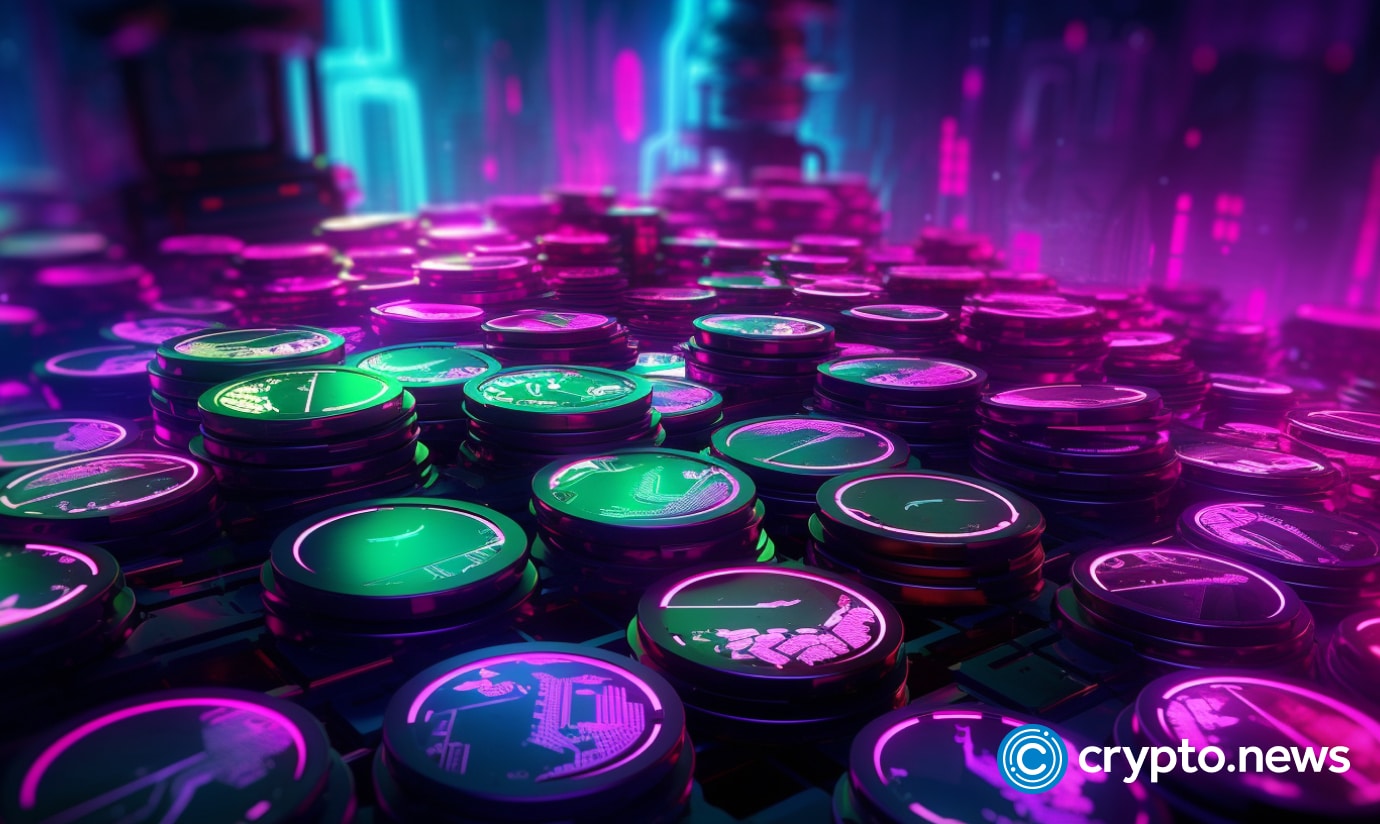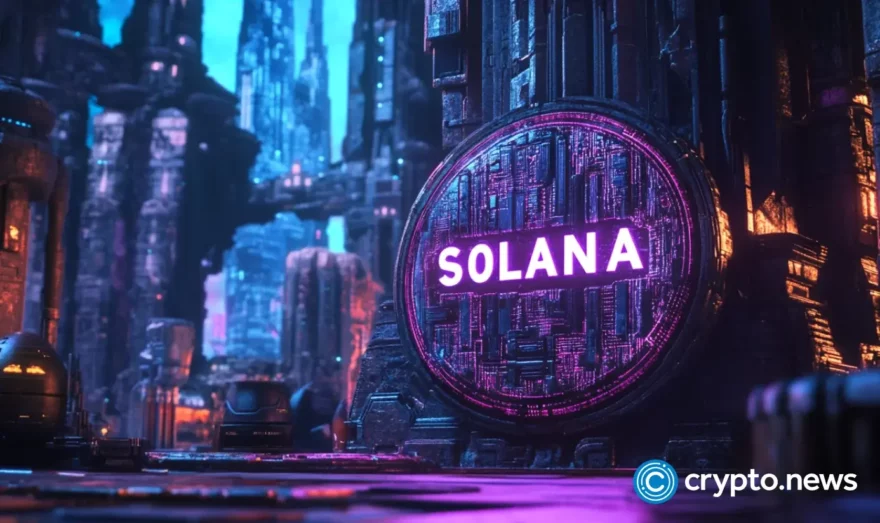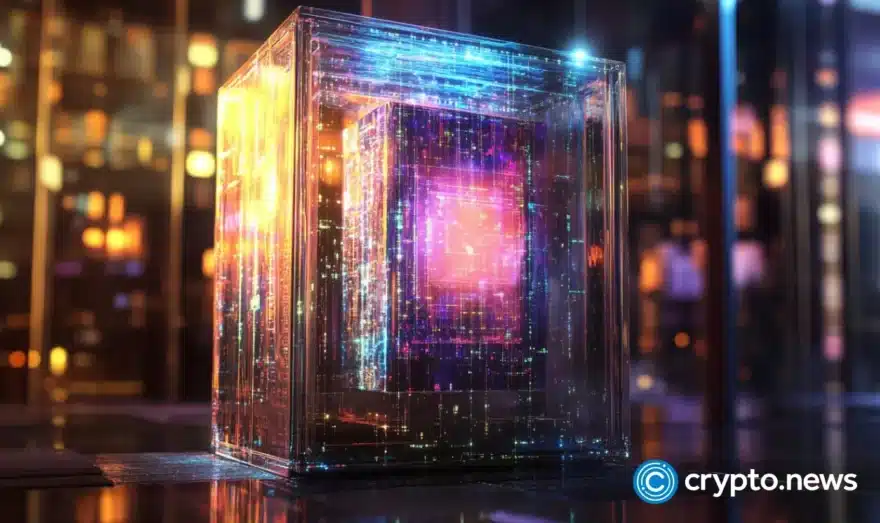What are dApps? Exploring decentralized applications

A dApp is an application that runs autonomously on a blockchain network using self-executing pieces of code called smart contracts.
This technology allows developers to launch apps that will operate indefinitely without maintenance or alteration. Without a centralized authority making changes to the software, dApps can operate without censorship, downtime, and unauthorized updates to the code.
dApps are often open-source and allow holders of a native crypto token to use their stake in the project to vote democratically on any development updates. Let’s take a look at some examples as well as the benefits and potential downsides of decentralized applications in web3.
Table of Contents
What are dApps used for?
dApps can be used for many purposes including financial services, legal services, gaming, digital identity, and much more. Any type of software service that exists at the moment could conceivably be migrated to a decentralized solution where the code is hosted on a blockchain network that the public can easily view and audit, with all transactions and operations permanently saved on-chain.
We’ll first explore how dApps work, and then take a look at some specific examples of dApps currently in operation.
How do dApps work?
dApps are stored and hosted on computers distributed across a wide network of nodes, called a blockchain network. Distinct from the centralized networks that host applications like Facebook and WhatsApp, dApps cannot be shut down or altered by a single authority.
Because traditional applications are usually built by individuals or companies who have sole control over the app and how it functions., their developers can make changes at any point, which may be detrimental to the users of the application. This is not the case with decentralized applications.
Blockchain nodes can be operated by anyone, and the network will operate as long as nodes are still running. As the networks are typically international, it’s not possible for the government of a single nation to simply order a company to stop running a dApp, nor can the dev team of a truly decentralized app make changes without community approval.
Most dApps in crypto are currently hosted on the Ethereum network. They are typically written in a programming language called Solidity. Smart contracts are used to carry out operations.
For example, a smart contract could dictate that if weather services state that it has not rained in two weeks, a payout is made automatically to farmers insured against drought. In this use case, there is no third-party intermediary reviewing and approving the insurance payout but an autonomous smart contract.
Operations on Ethereum cost fees, called gas fees. These fees incentivize the creation of efficient dApps that run by themselves without clogging up the network with unnecessary operations. dApps typically have a crypto wallet integration that allows users to fund their transactions.
Types of dApps
There are many types of dApps, with the main use cases listed below.
- Decentralized Finance dApps allow users to lend and borrow money and earn interest on funds peer-to-peer with no centralized third-party service involved
- Gaming dApps support web3 games, including games that offer financial incentives for playing them. In-game assets can be bought and sold for cryptocurrency in many cases.
- Supply chain dApps help track the flow of shipped products by storing their movements on an immutable ledger, the blockchain network, without being edited or losing information.
- Social media dApps allow for social interaction on open-source platforms that, if programmed to do so, will not sell or leak users’ private information.
- Insurance dApps can automate the process of insurance claim settlement in an industry often criticized for unfair assessment of claims by human agents.
- Cloud computing and other services are also available through dApps that bring the benefit of open source and transparent operation.
In the next section, we’ll explore some of the major dApps that are currently being used in web3.
dApps examples: What are the most popular dApps in 2024?
Here are the biggest dApps in 2024, spanning a wide range of use cases.
Uniswap V2 and V3
Uniswap is an on-chain liquidity protocol on Ethereum and is commonly referred to as a decentralized exchange (DEX). In this way, Uniswap enables the exchange of tokens without the need for an intermediary.
Currently, Uniswap V2 and V3 are the second and third most used dApp in blockchain. Their differences are additional features that are distinctive from the original Uniswap.
Compound
Compound allows users to lend and borrow crypto as well as earn interest. As a decentralized finance (DeFi) app, Compound facilitates these financial services without the typical costs associated with a brick and mortar business like a bank or lending institution, and offers more attractive interest rates than usually seen in FinTech and finance.
OpenSea
OpenSea is a non-fungible token (NFT) marketplace that facilitates the creation, buying, and selling of various items represented as NFTs. Some of the things that you could buy on OpenSea include artwork, music, domains, virtual land, and more.
How can I use dApps?
If you would like to interact with a DApp, you will need a DApp Browser. A DApp browser connects users to the smart contracts on the blockchain. By doing this, users are able to interact with DApps through devices like phones or computers.
The most common DApp browsers come with cryptocurrency wallets like Trust Wallet, MetaMask, and Coinbase Wallet. In a lot of cases, these wallets can be downloaded as apps on a phone, or installed as an extension on a personal computer.
Are dApps really decentralized?
While the concept of decentralized apps allows for truly autonomous function with no outside interference, the question of whether dApps are fully decentralized is debatable.
Many dApps host their front end on centralized servers, calling into question how decentralized they actually are. Likewise, it’s not uncommon for a project to describe itself as decentralized, but essentially operates as a centralized app due to the project team having a majority stake in the tokens or other similar issues.
dApp technology is very promising, particularly in this modern age where censorship and data breaches are commonplace. It can be a good idea for new dApp users to research exactly how the specific dApp they’re interested in handles governance and privacy to determine the extent to which that app is genuinely decentralized.
FAQs
What are dApps used for?
dApps have many uses depending on the individual use case. From financial trading and decentralized gaming to social media and eCommerce, dApps can be used for a wide range of different purposes.
Can you make money with dApps?
Yes. The entire DeFi market exists only to enable crypto-savvy users to make money. Alternatively, you could play blockchain-based play-to-earn games to earn some money. Here, you would be earning from meeting goals in the game or by trading in-game items.
How many dApps are there?
Each day, new dApps are created. Therefore, it’s difficult to tell exactly how many dApps are in existence at a specific point in time. However, the best way to keep track of the number of dApps on a blockchain is to visit dApp tracking sites like dAppRadar.
What does dApp mean?
dApp is an abbreviation of decentralized application, a type of software app that can run autonomously without external input.
















